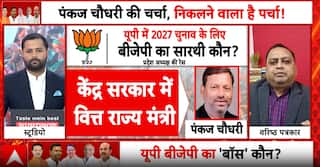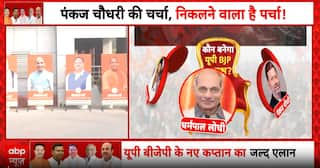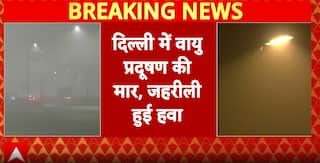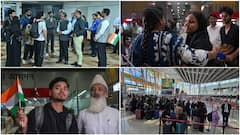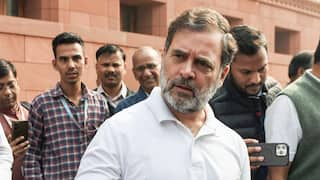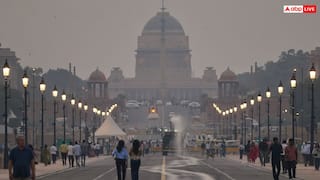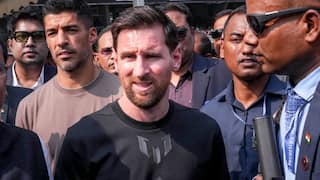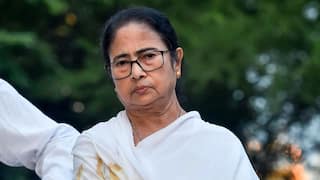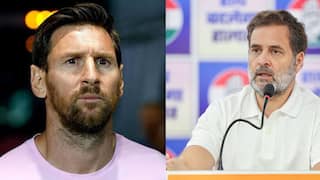Shinzo Abe: Longest Serving Japan PM And The Man Behind 'Abenomics'
Former Japan PM Shinzo Abe is credited with bringing ambitious economic reform. He is also known for forging key diplomatic relationships, even as he fought off different scandals at home.
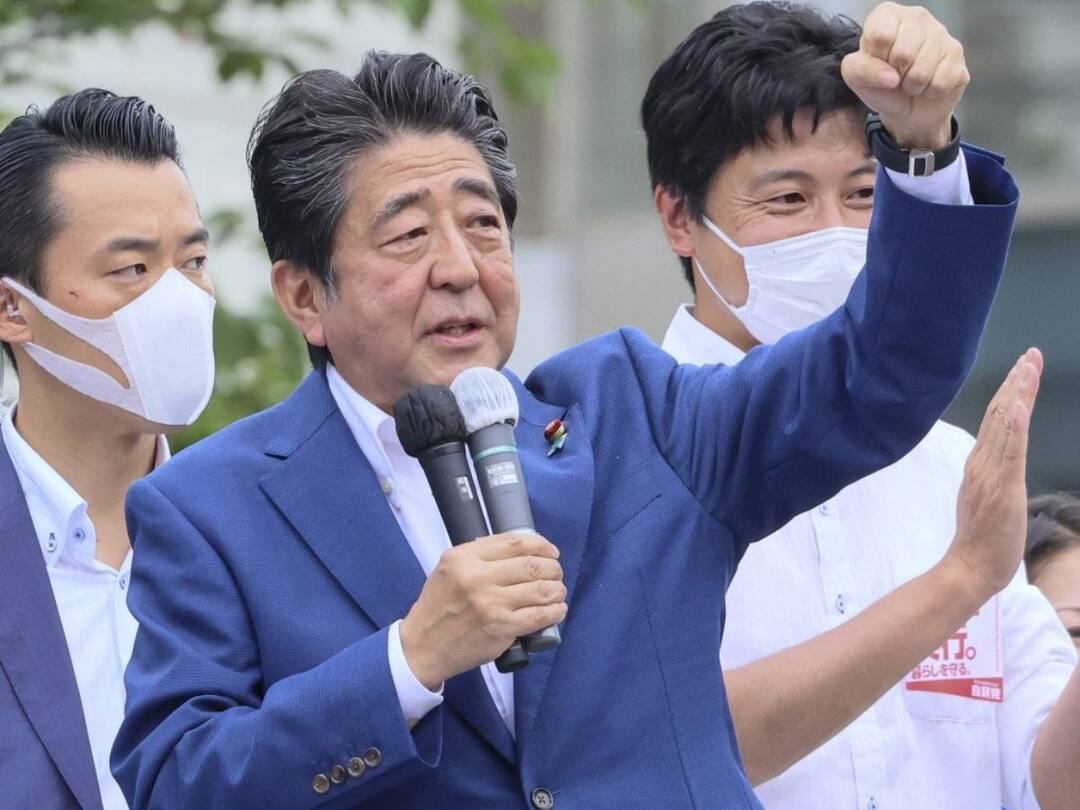
Nearly two years after he relinquished office citing poor health, 67-year-old Shinzo Abe, the former prime minister of Japan, was shot at during a campaign event in Nara city Friday. Abe had been Japan's longest-serving PM and is credited with bringing ambitious economic reform during his terms. He is also known for forging some key diplomatic relationships, even as he fought off several scandals at home.
At 52, the third-generation politician was also the youngest Japan PM ever when he assumed office in 2006, and went on to be seen as a symbol of change.
None of Abe's terms as PM was smooth as he had to fend off several scandals and discords. His first stint was short, ending with resignation in 2007 which he attributed later to his medical condition diagnosed as ulcerative colitis.
READ ON ABP LIVE | Former Japanese PM Shinzo Abe Shot At, Showing No Vital Signs After Attack. Suspect Arrested
He came back strongly in 2012, and stayed on for two and half more terms, all of them turbulent ones, before resigning in 2020 once again due to poor health.
Abe, The Third Generation Politician
Shinzo Abe was born into a prominent political family in Tokyo in 1954. Originally from Yamaguchi Prefecture, the family always had a significant economic influence in Japan.
Kan Abe, his grandfather, was a landowner from Yamaguchi who served in the House of Representatives during World War II.
The ruling centre-right Liberal Democratic Party, which Abe belongs to, was founded a year after he was born and has since dominated Japan’s politics.
Before Abe, it was his maternal grandfather Nobusuke Kishi who had the record of being the longest serving Japan PM — from 1957 to 1960. Abe’s father, Shintaro Abe, was also in politics, and served as chief cabinet secretary, the second-most powerful position in Japan.
Abe’s first stint as PM was short — from 2006 to 2007 — but after coming back in 2012 he stayed on until August 2020 when he resigned. By that time, his tenure had exceeded his grandfather’s.
Abe had done his schooling and college in Japan, before moving to the United States where he studied public policy at the University of Southern California's School of Policy, Planning, and Development, which is now the USC Price School of Public Policy. He worked for Kobe Steel for a few years, before joining full-time politics a few years later.
He married Akie Abe, a radio jockey, in 1987. The couple have no children.
Political Storms Shinzo Abe Weathered
PM Abe weathered political storms from the word go. From unpopularity in the first term to finance scandals in the consecutive terms to allegations of cronyism, Abe’s tenure as PM was never smooth.
However, though his approval ratings dropped, nothing seemed to affect his power, as the opposition in Japan was never strong enough to dislodge Abe’s Liberal Democratic Party, which remained in power even without the majority.
"Abe is very rightwing by traditional measures...He is a historical revisionist at heart … He is a nationalist [pursuing] his 'new nationalism'," Akio Takahara, professor of international relations and law at Tokyo University, was quoted as saying in a 2013 report in The Guardian.
In his fourth term that started in 2017, Abe was to stay as PM until late 2021, but he stepped down in August 2020, surprising the world.
On the international front, Abe is credited with forging several important diplomatic ties.
The former Japan PM had assumed the role of a peacemaker between the United States and Iran.
Abe had cultivated a sort of a personal friendship with Trump, in what was seen as an effort to protect Japan's key alliance from the latter’s "America First" slogan.
He was the first foreign leader to meet then US President Donald Trump after the latter won the 2016 election. And Trump was accorded a grand welcome during his 2019 state visit to Japan. The former US president was the first foreign leader to meet Japan’s new emperor, Naruhito. He was seen at a sumo tournament, the first of the new imperial era, and the winner was even presented with a special ‘Trump Cup’.
Abe had tried to mend ties with Russia, though the deal he tried to cut with Russia on disputed northern islands never materialised.
He had taken a hard line on North Korea, especially on the issue of the alleged abductions of Japanese citizens. With South Korea too, Japan had pursued a hard line during Abe’s tenure over unresolved wartime disputes.
Abe had tried to better Japan’s relations with China too, but the results were not encouraging. After leaving office, he had in fact become a vocal critic of China’s assertiveness in the Indo-Pacific. He even urged the United States earlier this year to budge from its policy of strategic ambiguity toward Taiwan.
Abe was called the architect of the "free and open Indo-Pacific" concept.
Abe And India
With Abe at the helm, the long history of friendly bilateral relations between India and Japan saw efforts towards an upgrade. The Quadrilateral Security Dialogue between Japan, the US, Australia, and India was initiated in 2007.
In August 2007, Abe came to India on a three-day that saw the inauguration of a new bilateral Asian alliance.
In 2021, India conferred the Padma Vibhushan, one of the country’s highest civilian awards, on the former Japan PM for "exceptional and distinguished service" in the field of public affairs.
The 'Abenomics'
When Abe returned to power in 2012, five years after his abrupt resignation in 2017 saw the end of his brief first stint, Japan was still reeling trying to recover from the effects of the 2011 tsunami, and a nuclear disaster at Fukushima.
Abe’s return offered some hope as he seemed to have an economic reform plan, which later came to be known as ‘Abenomics’.
The revival of Japan's economy needed efforts on all fronts, supported with adequate government spending.
While some of Abe’s plans worked over the years, many problems remained.
The coronavirus pandemic in 2020 struck a heavy blow to Japan’s economy, and Abe’s approval ratings were considerably down when he announced his decision to step down.










